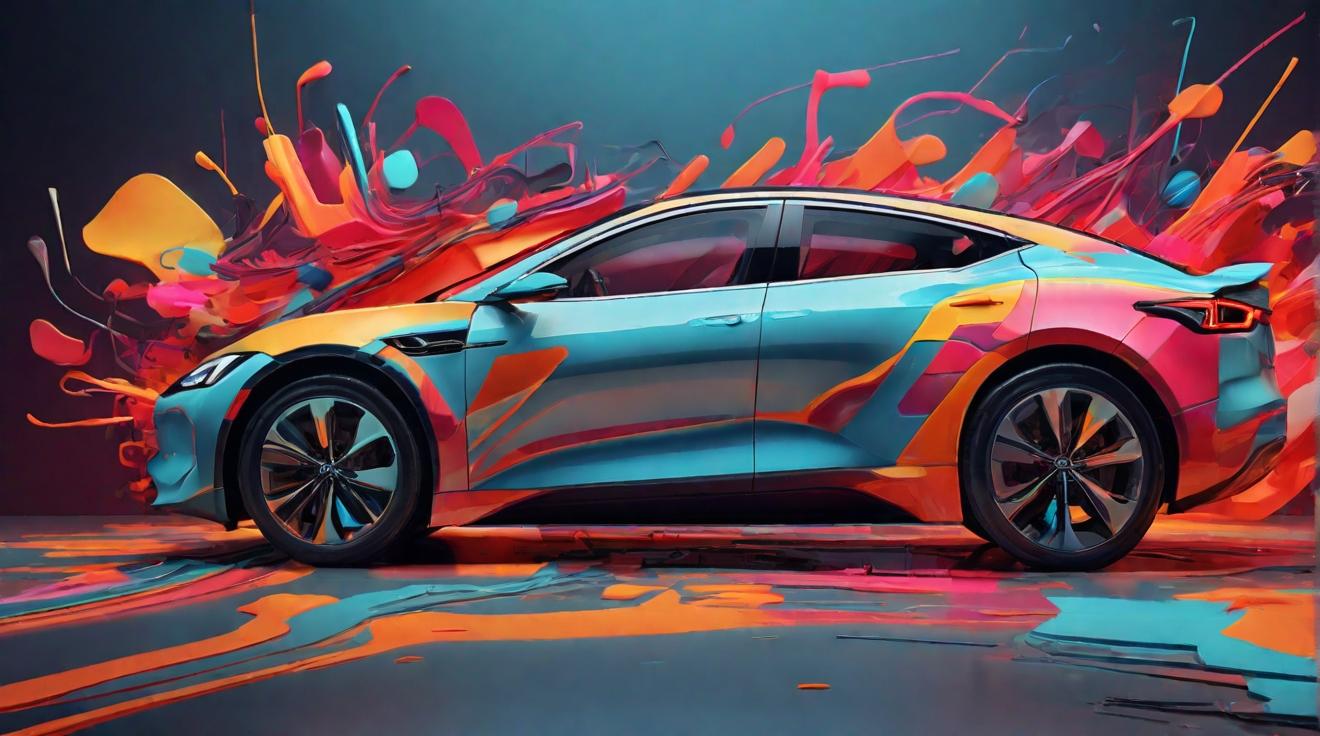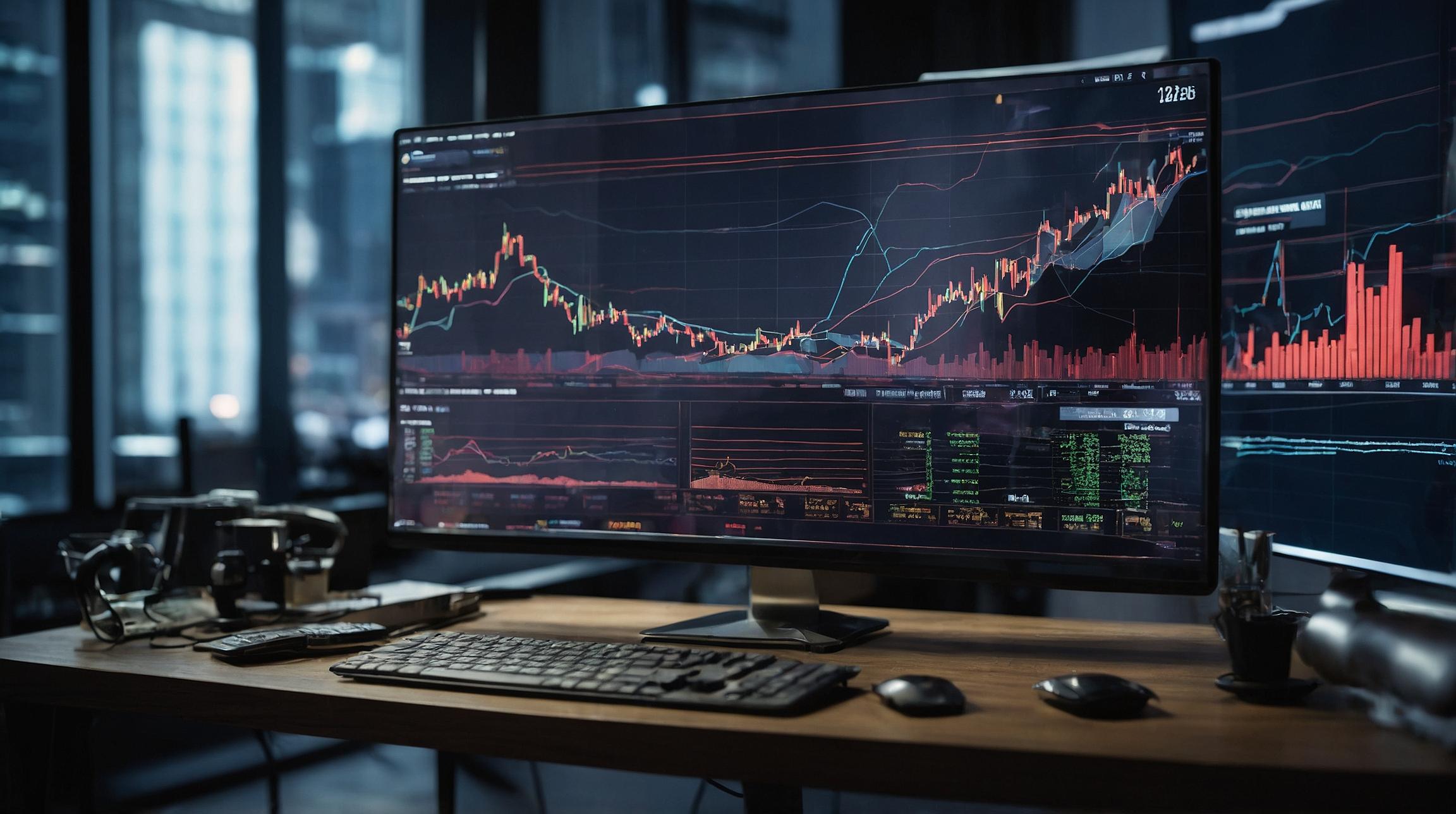Tesla Explores Cost-Effective Manufacturing with Chinese and Mexican Supplies
In a strategic move that could set the automotive industry on a new trajectory, Tesla is reportedly considering the use of Chinese and Mexican supplies to manufacture its next generation of electric vehicles (EVs). This decision could potentially reduce production costs, making Tesla's offerings more competitive in the increasingly crowded EV market.
Navigating Tariffs and Global Competition
The automotive giant faces a 25% US import tariff on Chinese vehicles, a significant barrier given the intense competition from global EV manufacturers. BYD, a Chinese carmaker with more cost-effective EV models, has recently overtaken Tesla, becoming the world's top seller of electric cars by 2024. This development underscores the competitive pressures US-based EV makers, including Tesla, are experiencing.
Tesla’s exploration of Chinese and Mexican components is seen as a move to recreate the highly efficient supply chain network that supports its Shanghai plant. Monterrey, Mexico, with its growing presence of Chinese auto-part makers, has emerged as a pivotal location for Tesla’s supply chain, serving the company’s upcoming factory in Nuevo Leon.
The Influence of Chinese Manufacturers in Mexico
The increasing influence of Chinese manufacturers in Mexico's EV production has raised concerns among US officials. This strategy may potentially circumvent Trump-era tariffs, allowing manufacturers to export goods into the US more easily. Despite these concerns, the approach could offer Tesla and other automakers significant cost savings, given the efficiencies of China's supply chain.
Policy and Industry Implications
The strategic positioning of EV manufacturing in Mexico enables assembled vehicles to qualify for a US consumer tax credit of as much as $7,500, subject to certain restrictions related to battery materials. This incentive is crucial for Tesla and its competitors as they navigate the balance between cost, quality, and access to the lucrative US market.
Tesla CEO Elon Musk has voiced concerns over the threat posed by Chinese EV firms, highlighting the need for trade barriers to mitigate their market expansion. Nonetheless, some policy experts argue for the importance of maintaining a competitive industry, even if it requires involving Chinese suppliers. They emphasize that without such international involvement, producing vehicles solely with US wages and resources might render domestic EVs non-competitive on a global scale.
Looking Ahead
As Tesla and other US-based EV makers continue to adapt to global supply chain dynamics and regulatory challenges, the industry's future remains closely tied to international trade relations and manufacturing strategies. The moves by Tesla to incorporate Chinese and Mexican supplies signify a broader trend of globalization within the EV sector, reflecting the complex interplay of cost, competition, and policy shaping the automotive market's evolution.
Analyst comment
Positive news: Tesla exploring cost-effective manufacturing with Chinese and Mexican supplies can potentially reduce production costs, making Tesla more competitive in the crowded EV market. It signals a broader trend of globalization within the EV sector.
As an analyst, I expect this move to positively impact the market as it helps Tesla lower costs and compete more effectively. The incorporation of Chinese and Mexican supplies reflects the evolving dynamics of the global supply chain and highlights the significance of international trade relations and manufacturing strategies in shaping the automotive market’s future.













